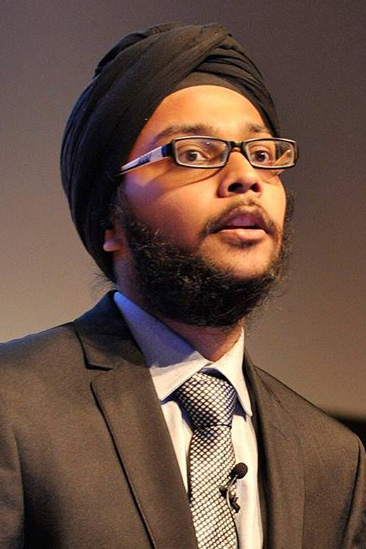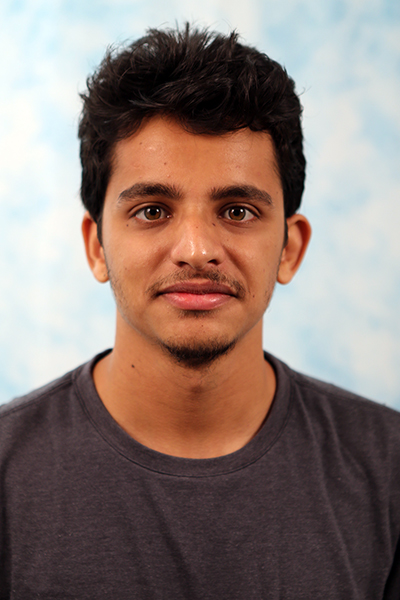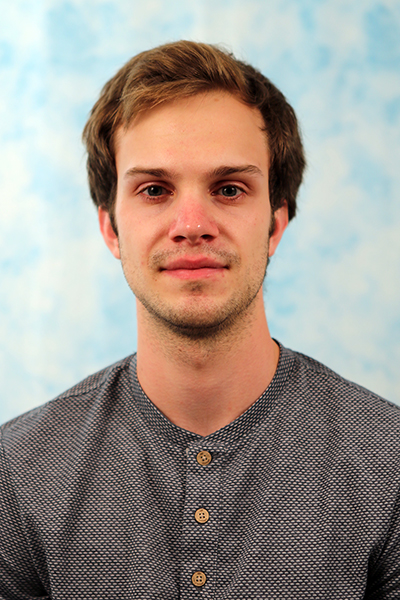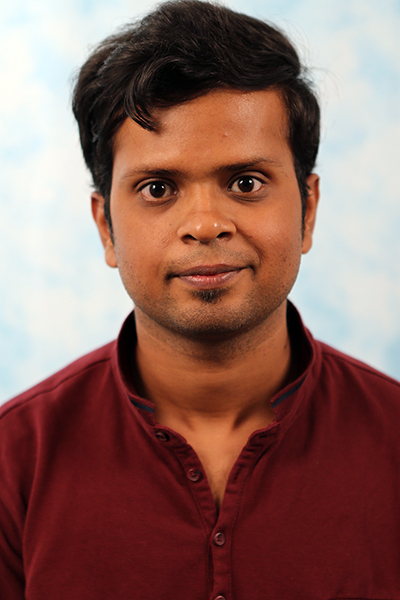Carnegie Mellon University
MSR Thesis Talk – Harjatin Baweja
Title: Leveraging Computer Vision and Reinforcement Learning for contact and non-contact based plant phenotyping. Abstract: Effective plant breeding requires scientists to find correspondences between genetic markers and desirable physical traits (phenotypes) of the genotype. Robotics can aid the acceleration of breeding pipeline by facilitating high throughput plant phenotyping. In this thesis we propose [...]
Carnegie Mellon University
MSR Thesis Talk – Suhit Kodgule
Title: Active Sampling for Planetary Rover Exploration Abstract: Planetary Robotics research has expanded beyond simply developing robust navigation strategies for rovers to providing them with the capability of performing intelligent actions so as to develop a better interpretation and understanding of the environment. This will become essential in the future, when rovers explore regions far [...]
Attending to Pixels, Embedding Pixels, Predicting Pixels
Abstract: Nowadays splashy applications heavily depend on meticulously annotated datasets, data-driven and learning-based methods, among which pixel labeling plays an important role yet often lacks interpretability. In this talk, I will discuss how we deal with pixels with better interpretability. Firstly, I'll introduce the pixel embedding framework that allows for clustering pixels into discrete groups [...]
Carnegie Mellon University
Matthew Collins – MSR Thesis Talk
Title: Efficient Planning for High-Speed MAV Flight in Unknown Environments Using Sparse Topological Graphs Abstract: Safe high-speed autonomous navigation for MAVs in unknown environments requires fast planning to enable the robot to adapt and react quickly to incoming information about obstacles within the world. Furthermore, when operating in environments not known a priori, the robot [...]
Carnegie Mellon University
MSR Thesis Talk – Siva Chaitanya Mynepalli
Title: Recognizing Tiny Faces Abstract: Objects are naturally captured over a continuous range of distances, causing dramatic changes in appearance, especially at low resolutions. Recognizing such small objects at range is an open challenge in object recognition. In this paper, we explore solutions to this problem by tackling the fine-grained task of face recognition. State-of-the-art embeddings [...]
Carnegie Mellon University
Data Centric Robot Learning
Abstract: While robotics has made tremendous progress over the last few decades, most success stories are still limited to carefully engineered and precisely modeled environments. Getting these robots to work in the complex and diverse world that we live in has proven to be a difficult challenge. Interestingly, one of the most significant successes in [...]
Automatically Supervised Learning: Two more steps on a long journey
Abstract: I will talk about two recent pieces of work that attempt to move towards learning with less reliance on labeled data. In the first, part, I will talk about how the surrogate task of predicting the motion of objects can induce complex representations in neural networks without any labeled data. In the second part of [...]
Carnegie Mellon University
Exploiting Point Motion, Shape Deformation, and Semantic Priors for Dynamic 3D Reconstruction in the Wild
Abstract: With the advent of affordable and high-quality smartphone cameras, any significant events will be massively captured both actively and passively from multiple perspectives. This opens up exciting opportunities for low-cost high-end VFX effects and large scale media analytics. However, automatically organizing large scale visual data and creating a comprehensive 3D scene model is still [...]







